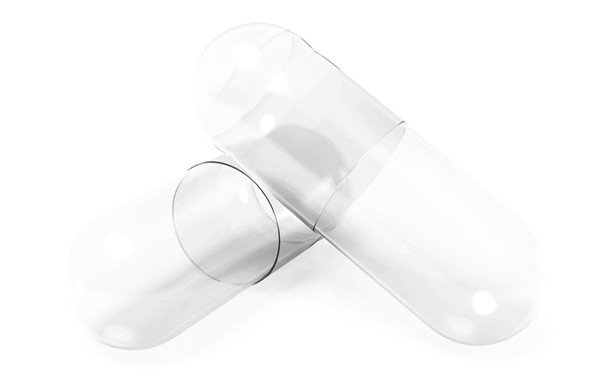Omega 3 acids are some of the most important ingredients in the diet, the supply of which should already be taken care of during the earliest years. When it comes to children, nutritionists recommend providing the essential ingredients with the diet – but there are two exceptions: these are vitamin D3 and omega 3 acids. These two nutrients are essential for the proper development of a child’s body, but very often the diet doesn’t contain enough of them. Why is omega 3 for children so important?
Omega 3 – essential for a child’s development
Omega 3 acids are an integral ingredient of cell membranes, as well as a building element for the brain. Unsaturated fatty acids are necessary for proper functioning of the entire nervous system, they support memory and learning processes and condition good concentration. This shows that omega 3 provides a moral intellectual development of a child, while also supporting eyesight. Omega 3 are also essential for proper functioning of the immune system – they limit the risk of infections and allergies.
[OMEGA3 RIGHT]Omega 3 fatty acids support the development of bones, as they support the absorption of calcium from the digestive tract. Suppling Omega3 in the diet also makes it easier to absorb vitamins dissolved in fats – A, D, E, and K. On top of that, they give energy, and guarantee good mental well-being. High consumption of them from the very first days of life has a great influence on health in adulthood – omega 3 limit the development of diabetes, asthma, obesity, heart diseases, or even cancers. It’s hard to find better arguments in favor of taking care of the right supply of DHA and EPA fatty acids today in order to prevent omega-3 deficiency.
Omega 3 supplements for children – how to use them?
The main source of omega-3 acids for children should be the diet.
The best natural sources of omega 3 are:
– oily saltwater fish: mackerel, herrings, cods, salmons, tunas
– nuts, almonds, and pumpkin seeds
– avocado
– flaxseed and chia
– cold pressed plant oils (especially linseed and rapeseed oil)
It’s a good idea to complement the diet with supplementation. In most cases, younger children are given fish oil or twist-off type omega 3 capsules. Older children can already swallow traditional omega 3 capsules. The dosage for this type of preparation depends on the omega 3 supply in the diet; the recommended doses are about 250 mg of EPA and DHA per day. Omega 3 supplements for children are preparations that perfectly support development and have a beneficial influence on health – no household should go without them.







One Response
Visitor Rating: 5 Stars